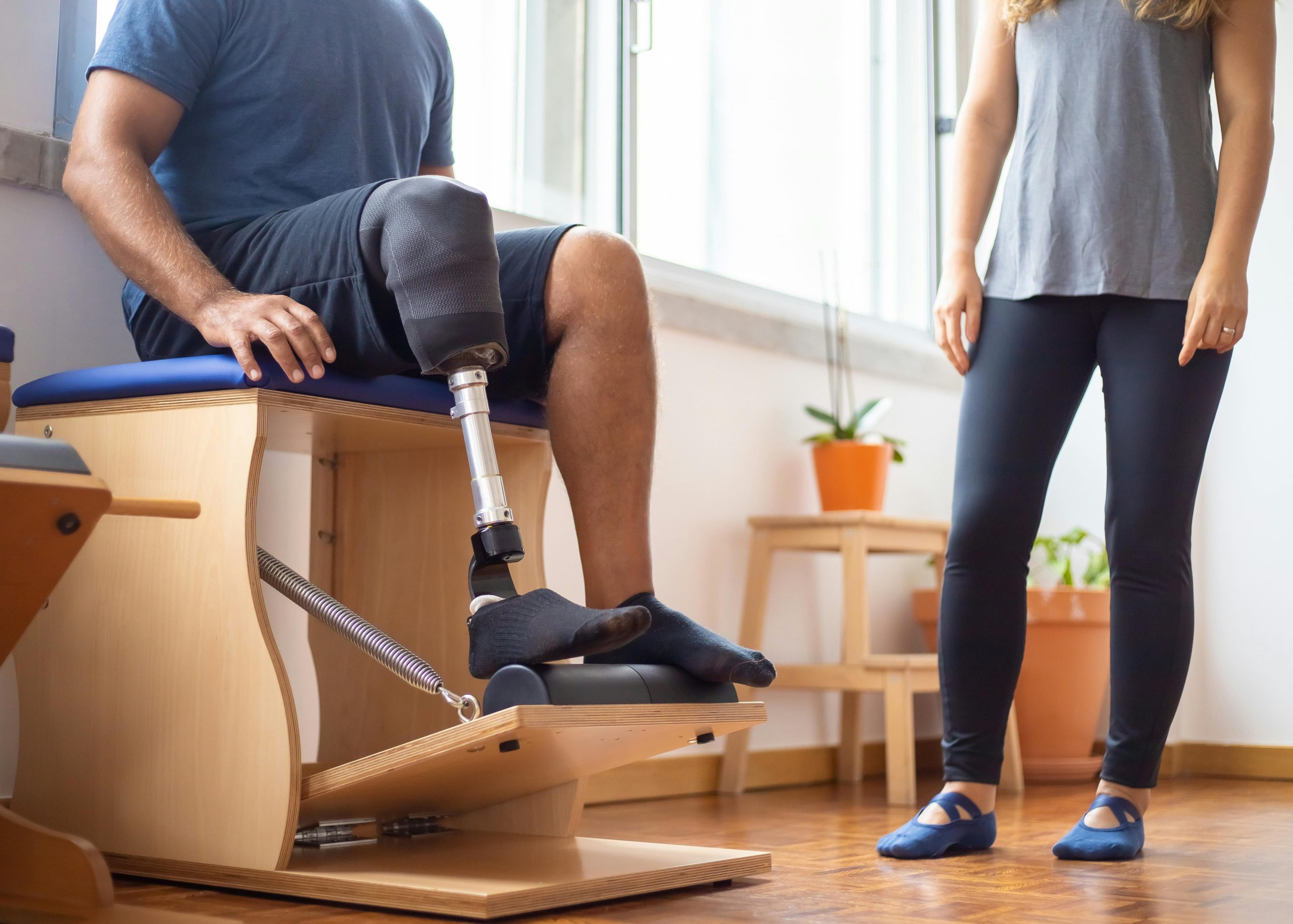Read Time: 6 minutes
Life can throw unexpected challenges our way, and one of the most significant hurdles can be recovering from an injury. Whether it is a minor accident or a major health setback, the road to recovery often requires changes to our daily routines. This includes managing household tasks and responsibilities. In such times, seeking assistance from domestic staff can be extremely helpful. In this blog, we will explore the types of domestic staff you might need after an injury. Additionally, learn how they can support you in getting your independence back and maintaining a comfortable living environment.
Housekeepers During Recovery
After an injury, maintaining cleanliness and order in your home might become challenging. A housekeeper can step in to ensure that your living space remains tidy, organised, and hygienic. From dusting and vacuuming to laundry and dishwashing, a skilled housekeeper can handle various household chores. This will allow you to focus on your recovery without worrying about the state of your home.
Moreover, a housekeeper can go beyond basic cleaning tasks and assist with more specialised duties such as:
- Deep cleaning: Tackling areas that require extra attention, such as baseboards, ceiling fans, and behind appliances.
- Organisation: Sorting and decluttering closets, cabinets, and storage spaces to create a more functional living environment.
- Seasonal maintenance: Perform tasks like window washing, patio cleaning, and changing air filters. This will keep your home in optimal condition all year round.
By handing over these responsibilities to a skilled housekeeper, you can maintain a clean and comfortable living space. This allows you to maintain focus on your recovery.
Personal Assistant
Managing errands and appointments can feel overwhelming when you are focused on recovery. Someone to run errands or a personal assistant can handle various tasks on your behalf. Tasks such as grocery shopping, pharmacy pickups, and scheduling appointments can be completed for you. By taking care of these details, they can free up your time and energy to concentrate on self-care and rehabilitation. Whether it is arranging transportation to medical appointments or organising paperwork and bills, a reliable assistant can lighten your workload. Simplify your daily tasks to allow you to prioritise your health and well-being.
Additionally, a personal assistant can provide support in other areas such as:
- Administrative tasks: Assisting with communications, filing paperwork, and managing schedules to keep your affairs in order.
- Research and coordination: Conduct research on healthcare providers, support services, and community resources to facilitate your recovery process.
- Communication liaison: Serving as a point of contact for family members, caregivers, and medical professionals. This ensures effective communication and coordination of care.
With a capable personal assistant by your side, you can navigate the practical aspects of your recovery journey with ease and efficiency.
Chef Services During Recovery
Nutrition plays a crucial role in healing and rehabilitation. However, preparing meals can be difficult when you are recovering from an injury. Hiring a cook or chef can ensure that you have access to nourishing, well-balanced meals. Moreover, this allows you to tailor your dietary needs and preferences if you require a specialised diet due to your injury. The ease of having delicious and healthy meals prepared for you by a skilled professional can make meals stress-free and enjoyable.
In addition to meal preparation, a chef can offer the following culinary services:
- Menu planning: Designing customised meal plans based on your nutritional requirements, taste preferences, and dietary restrictions.
- Grocery shopping: Selecting fresh, high-quality ingredients and stocking your pantry with essential items to support your dietary goals.
- Specialised cuisine: Catering to specific dietary preferences such as vegetarian, vegan, gluten-free, or low-sodium diets to meet your individual needs.
By entrusting your culinary needs to a talented chef, you can ensure that your diet supports your recovery. This in turn increases your overall well-being.
Nanny
If you have children, balancing their care and your recovery can be especially difficult after an injury. A nanny can provide invaluable support by tending to your children’s needs. This ensures they are well-cared for and engaged while you focus on your healing journey. Whether it is supervising playtime, helping with homework, or driving them to activities, a reliable nanny can alleviate the stress of parenting tasks during this time. This allows for necessary rest and recuperation with peace of mind.
Moreover, a nanny can offer other services to support your family dynamics, including:
- Educational enrichment: Facilitating age-appropriate learning activities and giving academic support to help your children thrive.
- Emotional support: Offering a nurturing and supportive presence to help children cope with the challenges of a family member’s injury. This promotes a sense of security and stability.
- Household management: Assisting with light housekeeping, meal preparation, and organising children’s belongings to maintain a calm and functional home environment.
By entrusting your children to the care of a dedicated nanny, you can ensure that their needs are met while you focus on your recovery journey.
Private Driver
Mobility may be limited during your recovery period, making transportation a challenge. A private driver or chauffeur can provide reliable transportation services. This ensures that you can attend medical appointments, run errands, and maintain your daily routines with ease. You may require transportation to physical therapy sessions, follow-up appointments with healthcare providers, or social outings with friends and family. Here is where a professional driver can offer safe and comfortable transportation specific to your needs.
Additionally, a private driver can offer the following services to enhance your mobility and independence:
- Personalised transportation: Providing door-to-door service and helping with mobility aids. These could include items such as wheelchairs or walkers to ensure smooth transitions between locations.
- Concierge services: Offering assistance with luggage, shopping bags, and other belongings. This will reduce physical strain and ensure a travel experience without stress.
- Flexibility and reliability: Adapting to your schedule and preferences, including early morning appointments, late-night outings, and last-minute changes, to meet your needs and priorities.
By entrusting your transportation needs to a skilled driver, you can regain a sense of freedom and autonomy during your recovery journey.
Help with Recovery After an Injury
Recovering from an injury can be a difficult journey, but you do not have to do it alone. By enlisting the help of domestic staff tailored to your needs, you can create a supportive environment. This promotes healing, independence, and well-being. Whether you require assistance with household chores, personal care, childcare, or culinary needs, there are professionals available to lend a helping hand. They will make your recovery process smoother and more manageable. At Nomenial, we understand the importance of personalised care and support during challenging times. That is why we are here to connect you with skilled domestic staff who can meet your unique needs with expertise, a professional attitude and plenty of compassion.
Remember, seeking assistance is not a sign of weakness but a proactive step towards prioritising your health and well-being. Do not hesitate to reach out for help and explore the options available to you. Your recovery journey is unique, and having the right support system in place can make all the difference in achieving a successful and fulfilling outcome.
GET IN TOUCH
Send an Enquiry
-
Irritable Colon: Symptoms, Diet, Treatment and Cure
irritable colon symptoms and treatment. Irritable bowel syndrome (IBS) is suffered by at least 10% of the adult population. It is also twice as common in women as in men. IBS can have substantial effects on the lives of people who suffer from it, especially in the area of socialization. Because of the consequences that…
-
Nursing at Home: Characteristics and Differences with Caregivers
Nursing at home. People who need help with some or all of their day-to-day tasks have two types of professionals available to provide the care they need. Home nurses and caregivers. There are frequent doubts about what the service of a home nurse consists of and how they differ from that of the caregivers. This…
-
Bilateral Pneumonia: What it is, Symptoms, Complications and Recovery
Over the past few months, these two words have been among the most heard and written. Bilateral pneumonia, from being just another disease, has become very present in our lives as a consequence of COVID-19. In this article we expose the main aspects of it: What is bilateral pneumonia? Bilateral pneumonia is an inflammatory type…







